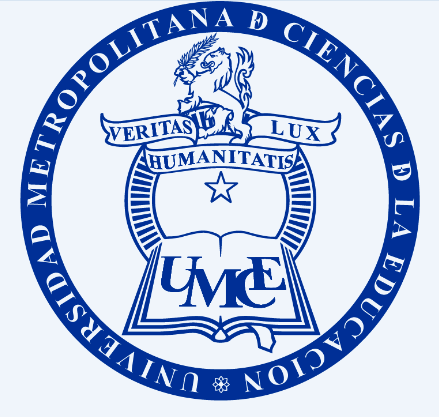Main Article Content
Aug 1, 2022
Abstract
The speech of the President of the Federative Republic of Brazil, Jair Messias Bolsonaro, made on September 7, 2021 to his supporters in the city of São Paulo/SP - Brazil is the object of this article, which aims to observe the presence of the double bind. The method used for the research was qualitative, with the observation and analysis of this discourse to point out how these double messages and objectives of their use are presented. The research had theoretical support from Bateson (1976), Epstein (1993), Watzlawick et al.(1973), Winkin (1981), and other theorists who use the double bind theory. With the analysis, it is observed that, in the speech of a President, in which univocity is expected, the constant use of the double bind can be a strategy to increase his sphere of power, increasing his arbitrariness, whether due to an excessive desire for power. , touching on incompetence, or even insanity, both considered incongruous with instrumental rationality.
Downloads
Policies for open access journals
Authors who publish here accept the following terms: Authors will keep their copyright and will guarantee the journal the right to the first publication of their work, which will be subject to the Licence of Creative Commons acknowledgement, which allows for the use of this material only if the authorship is credited and the original source is acknowledged (the journal’s URL), and if it is not used with commercial ends and with any derivations of the original work.
Authors may adopt other non-exclusive license agreements of distribution of the published version (e.g. to save it onto a digital institutional archive or publish it in a monographic volume) only if the initial publication of this journal is indicated.
It is permitted and recommended for authors to divulge their work on the Internet (e.g. institutional digital archives or webpage) before and during the submission process, which may lead to interesting exchanges and increase the citations of the publication. (See Open Access Effect).






